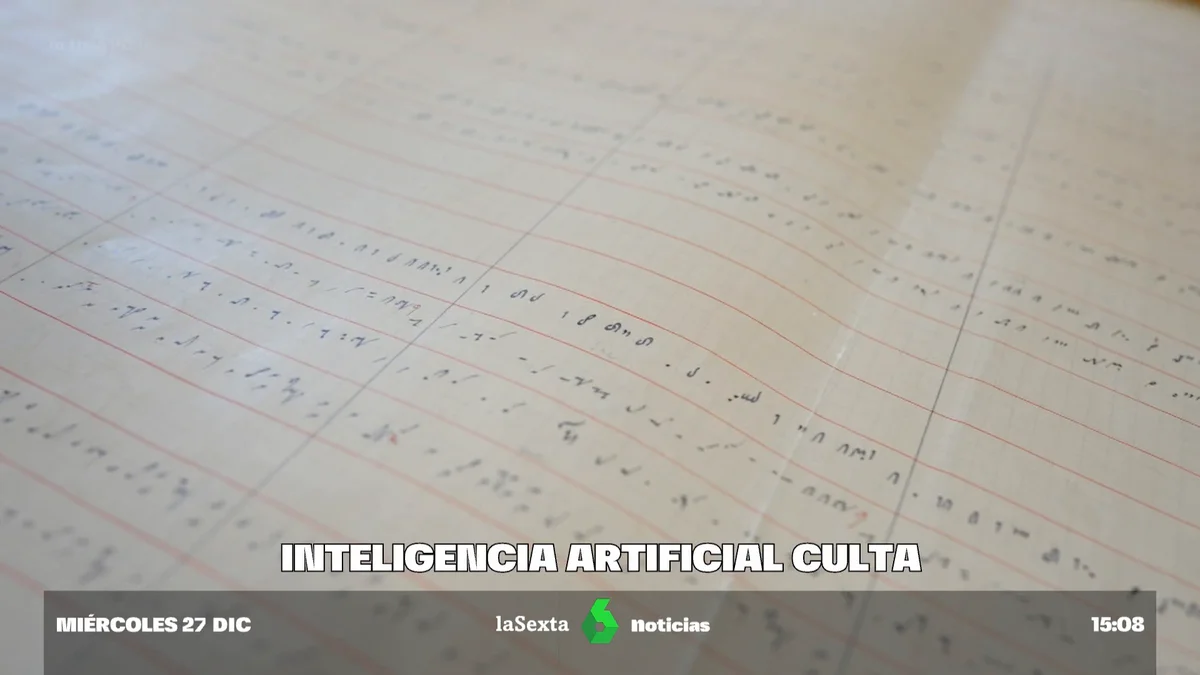
Although lately there has been more talk about the dangers of Artificial intelligence, this technology is causing a revolution in all areas of life; even in those in which we would not think a priori that they could benefit from these computer advances. This has been the case in the case of Gregorian chants. An EU-funded project is training artificial intelligence to be able to transcribe hundreds of thousands of handwritten songs that have been silenced for more than a thousand years.
These manuscripts, some 400 thousand images that contain scores and lyrics, were stored in the archive of the Abbey of Solesmes (France), something like the ‘Mecca’ of Gregorian chant. Some of these songs were plundered, others were collateral victims of wars or various disasters, and others had fallen into the deepest of oblivion. In total, and according to estimates, up to two million centuries-old Gregorian chants could be recovered thanks to Artificial Intelligence.
Researchers from the University of Alicante are developing a tool based on Artificial Intelligence (AI) for transcribing medieval scores. They are doing it within the European project Repertorium (Researching and Encouraging the Promulgation of European Repertory through Technologies Operating on Records Interrelated Utilizing Machines), which aims to preserve European musical heritage and create cutting-edge sound processing technologies.
According to Lluís Beltrán, scientific editor of the Complutense Musical Sciences Institute, an institution participating in the project, “we label and describe what is in the manuscript” so that another team can give instructions to the AI. In this way, this technology is trained so that it then knows how to interpret the rest of those 400,000 images.
The cataloged songs will be published in digital librarieswith the aim of making content accessible that until now was only accessible to a small number of experts.
This advance will allow “discover a collection of melodies and liturgical songs that until now “they didn’t know each other,” says Álvaro Torrente, director of the aforementioned institute. The project began its starting in January 2023 and will last for three years. Repertorium is a consortium made up of up to eight entities, including, in addition to those mentioned, the University of Oxford and the University of Jaén.
Source: Lasexta
Ricardo is a renowned author and journalist, known for his exceptional writing on top-news stories. He currently works as a writer at the 247 News Agency, where he is known for his ability to deliver breaking news and insightful analysis on the most pressing issues of the day.












